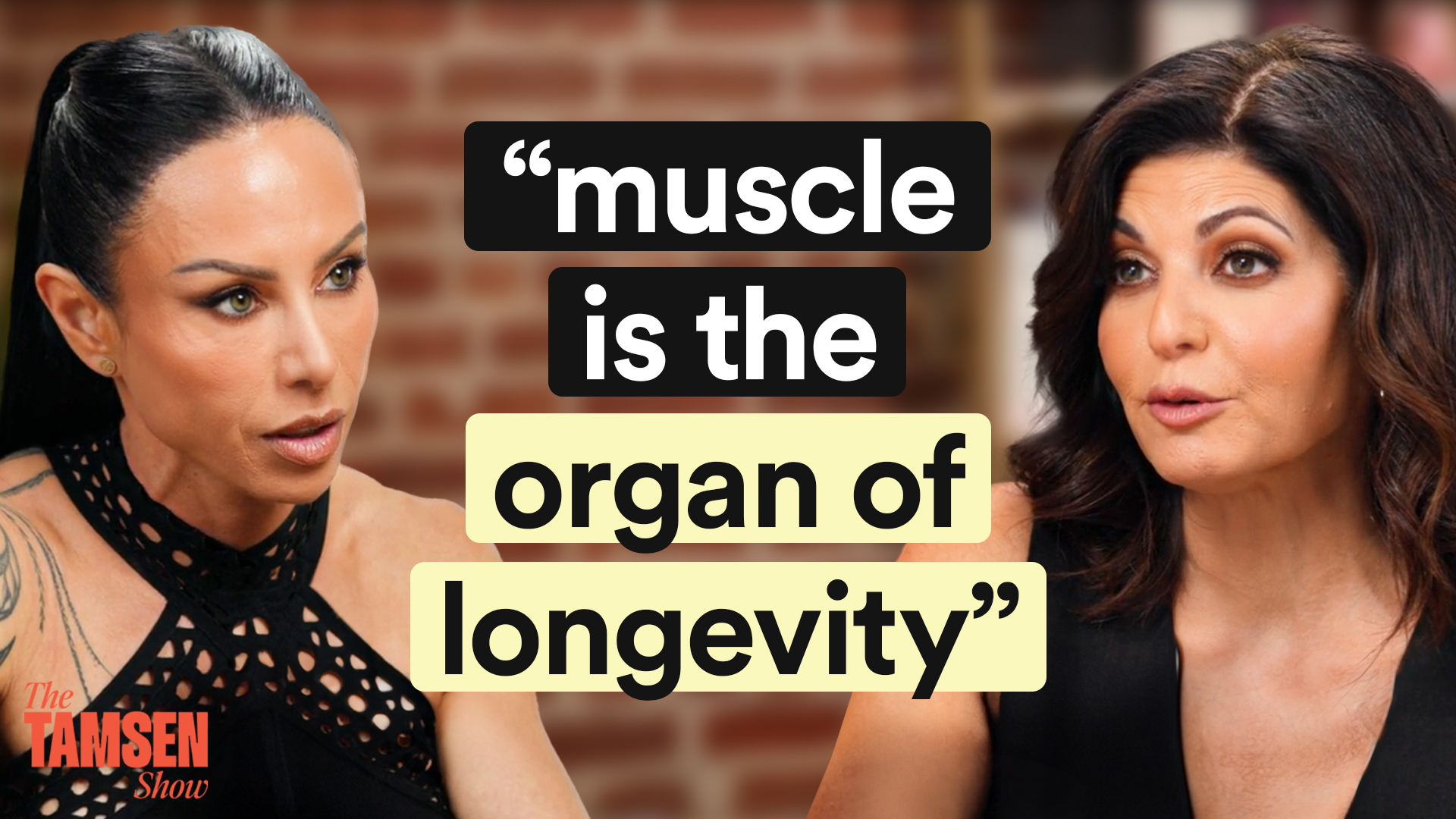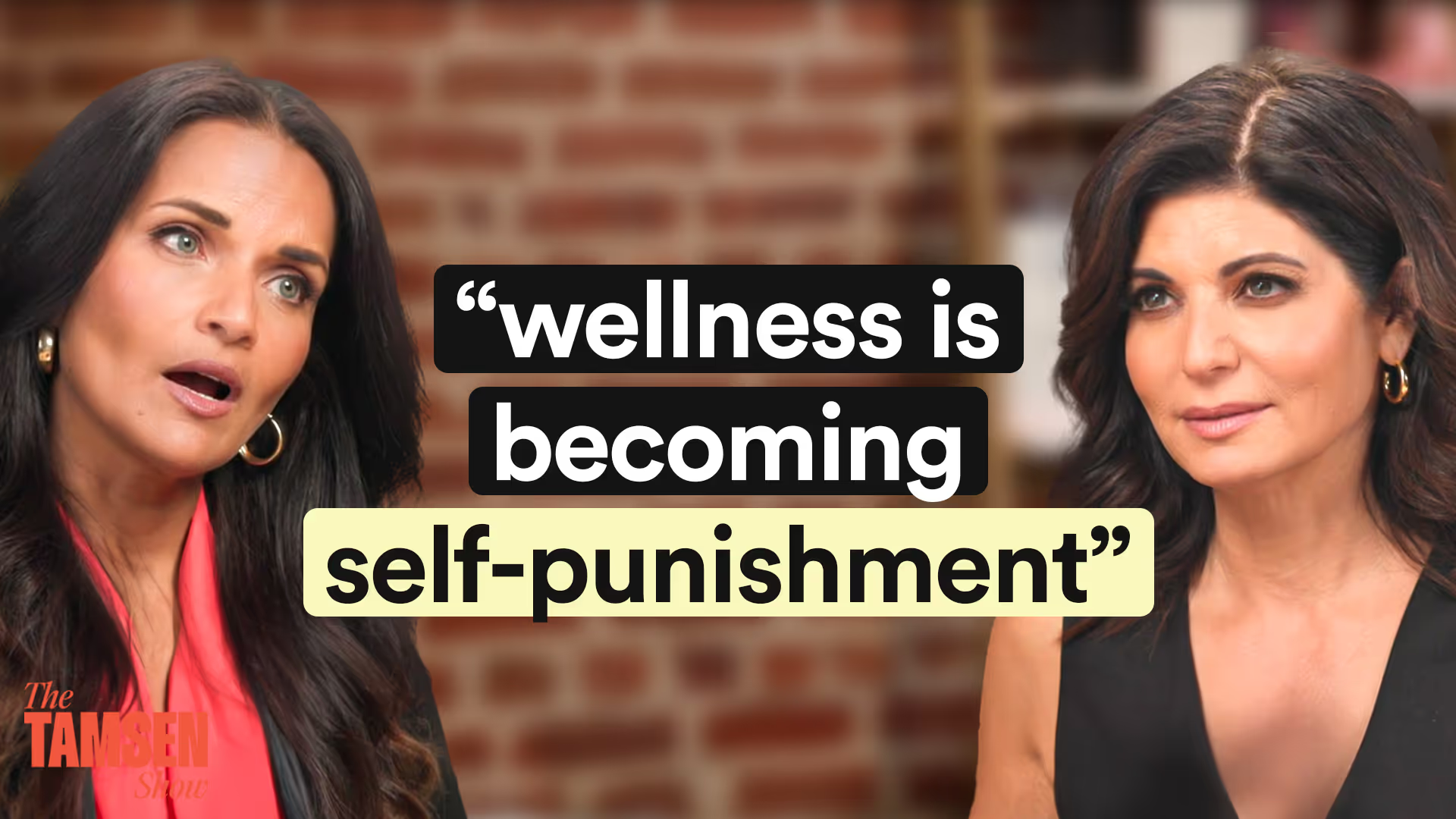Lately, my sense of smell and my natural body scent has changed so much. I recently even had to throw out one of my long time perfumes, because I suddenly hated the way it smelled on me. Has that ever happened to anyone else?! You are definitely not alone. During menopause, our bodies undergo significant hormonal changes, particularly the decline in estrogen levels. These hormonal shifts can affect the way our bodies produce sweat and how our skin reacts to it. Estrogen helps regulate sweat production and the balance of our skin’s bacterial balance on our skin. So, when those levels drop, we can experience changes in our sweat’s make-up and our skin’s bacterial biome. And what does that result in? A different or stronger body odor.
How to manage odor during menopause
Maintain good hygiene
Make sure to shower regularly to keep your skin clean and free from excess sweat and bacteria. This is especially important after exercise or on hot days. Antibacterial soaps can also help reduce the bacteria on your skin that contribute to body odor.
Use effective deodorants
Your choice of deodorant can make all the difference; antiperspirants containing aluminum chloride are effective in controlling sweat, while natural deodorants with baking soda, coconut oil, and essential oils can neutralize odors without harsh chemicals.
Wear breathable clothing
Opt for clothing made from natural, breathable fabrics like cotton, linen, and bamboo. These materials allow your skin to breathe and help wick away moisture instead of it sitting on your skin. Loose fitting clothing allows air to circulate around your body, reducing the buildup of sweat and odor.
Staying hydrated
Hydration is so key to mitigating many of menopause symptoms, body odor included. Being properly hydrated helps regulate your body temperature and can actually reduce excessive sweating. What should you aim for? Eight glasses of water a day.
Mind your diet
Believe it or not, certain foods are known to increase odor. Spicy foods, garlic, onions, and caffeine are some of the culprits. Pay attention to how your body reacts to different foods and adjust your diet accordingly. And as always, maintaining a balanced diet rich in fruits, vegetables, and whole grains supports your overall health and well-being.
Stress management
Managing stress through relaxation techniques such as yoga, meditation, or deep breathing can help prevent stress-induced sweating. Regular physical activity is also a great outlet that helps keep stress levels lower, and it’s great for your mental and physical health!
Hormone Replacement Therapy (HT)
If body odor changes are significantly affecting your quality of life or you haven’t found any relief from other remedies, book an appointment with your doctor to explore the possibility of HT. While it is not a suitable option for everyone, it can help balance hormone levels and potentially reduce menopausal symptoms, including changes in body odor.
Monitor symptoms
As with any other menopause symptom, noticing patterns and trends in how you feel, and in this case how you smell, is central to figuring out a treatment plan. Jot down the times you notice unusual changes in how you smell and share this with your doctor.
A shift in body odor during menopause is unexpected and uncomfortable, it’s just not a fun symptom to deal with. However, you can manage and improve it. Maintaining good hygiene is crucial; regular bathing and the use of antibacterial soaps can help minimize unwanted odors. Additionally, choosing the right deodorants and antiperspirants, which are designed to reduce sweat and combat odor-causing bacteria, is essential. Lifestyle adjustments, such as wearing natural fabrics that enhance breathability, can also significantly help. For some, medical interventions might even be necessary, but be sure to consult with a healthcare provider first to create a plan that works best for you.
You can find some of my favorite products that help you smell good here.
Additional Resources:
Secrets To Thrive In Menopause: Download this free guide to learn my top secrets to thrive in menopause.
Menopause Symptom Tracker: Track your symptoms and get connected to physicians and organizations that can help you!
The information contained on this website is intended for informational and educational purposes only. It is not intended to be a substitute for the advice of an appropriately qualified and licensed physician or other healthcare provider.








.jpg)
.jpg)




